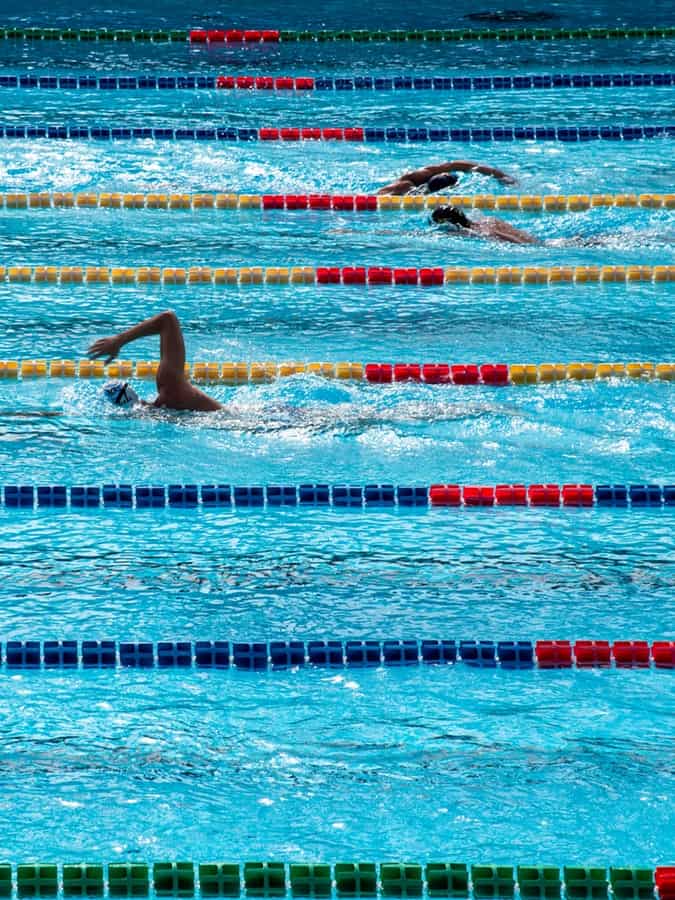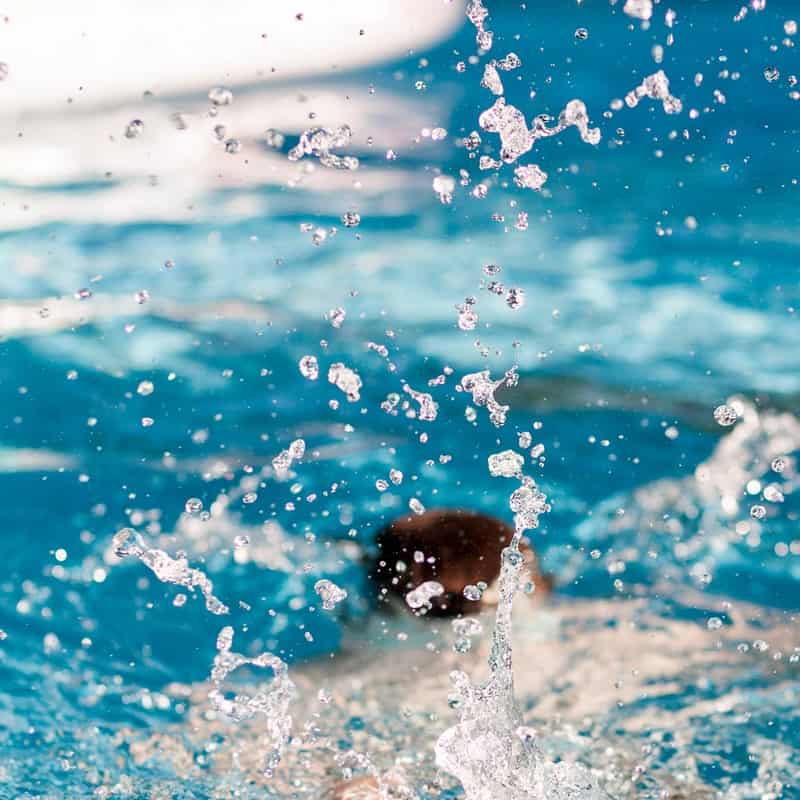With July of 2019 holding the record for the highest temperature ever recorded in the UK, the summer of 2020 is highly anticipated. Because of this, air conditioning units are being installed and house fans ordered well in advance. With the UK Met Office already predicting 2020 to extend the series of the Earth’s warmest years, it would seem that these precautions are justified.
Along with air conditioning and fans, swimming pools are one of the trademark methods of escaping the summer heat. From September 2018 to September 2019, 14 million adults (31.3 % of the nation) went swimming. According to Statista, 53.5% of children aged 5-10 in the UK took part in swimming, diving or lifesaving activities in 2016. So from this, we can see that swimming is already a popular activity for both adults and children in the UK. It’s only going to get more popular as temperatures continue to rise.

Poolside Safety
If you’re lucky enough to own a swimming pool then you’re probably busy gearing up for a busy summer. There’s already lots to be done; insurance, cleaning, maintenance of filters and chemicals. But the most important factor to consider is safety. This is because swimming can be a highly dangerous activity without the correct preparation and supervision.
According to the Royal Life Saving Charity UK, roughly 700 people drown in the UK and Ireland every year. There are many more incidents that lead to serious life-changing injuries and in some cases trauma and long-lasting effects. This shows that safety in swimming pools is something we should take seriously, especially when children are involved.
Below are some swimming pool safety tips:
- Never leave children unattended near or in water
- No running beside the pool
- Strictly no diving unless the pool rules state otherwise
- Ensure all drains have a well-fitted drain cover
- Never enter the pool after drinking alcohol
- Never swim alone
- Don’t play breath-holding games (especially children)

Electrical Safety
When it comes to swimming pools, there’s more than just poolside safety to consider. The actual running of the pool is a job in itself, with it requiring almost constant maintenance. Swimming pools need their alkaline and pH quantities monitored, their chlorine levels topped up and their drains manually cleaned on a daily basis. But even more important than all of this is what’s going on behind the scenes.
Electrical systems are one of the most important things to regulate. Any contact with live electrical wiring can result in serious injury or death. To guarantee your swimming pools electrical safety, you should be having an EICR test taken every year. Swimming pools and their electrical installations should undergo an annual examination by a qualified engineer. This is in accordance with the Health & Safety Executive regulations.
EICR Test
An Electrical Installation Condition Report (EICR) is a formal document which proves that your electrical systems have passed a thorough examination and are safe to continue operating. Usually, buildings will require this test every five or ten years, but in the case of swimming pools, it’s highly recommended to be taken yearly.
This test needs to be performed by a trained and qualified engineer as it includes an assessment of internal electrical wiring. This process should never be attempted by any individual who is not strictly approved to do so.
Here at PSS Installations, we are NICEIC approved contractors. This means we are trained and qualified engineers with experience of undertaking EICR tests. For more information or a quote for your swimming pool to be tested, contact us and speak to a member of our team.